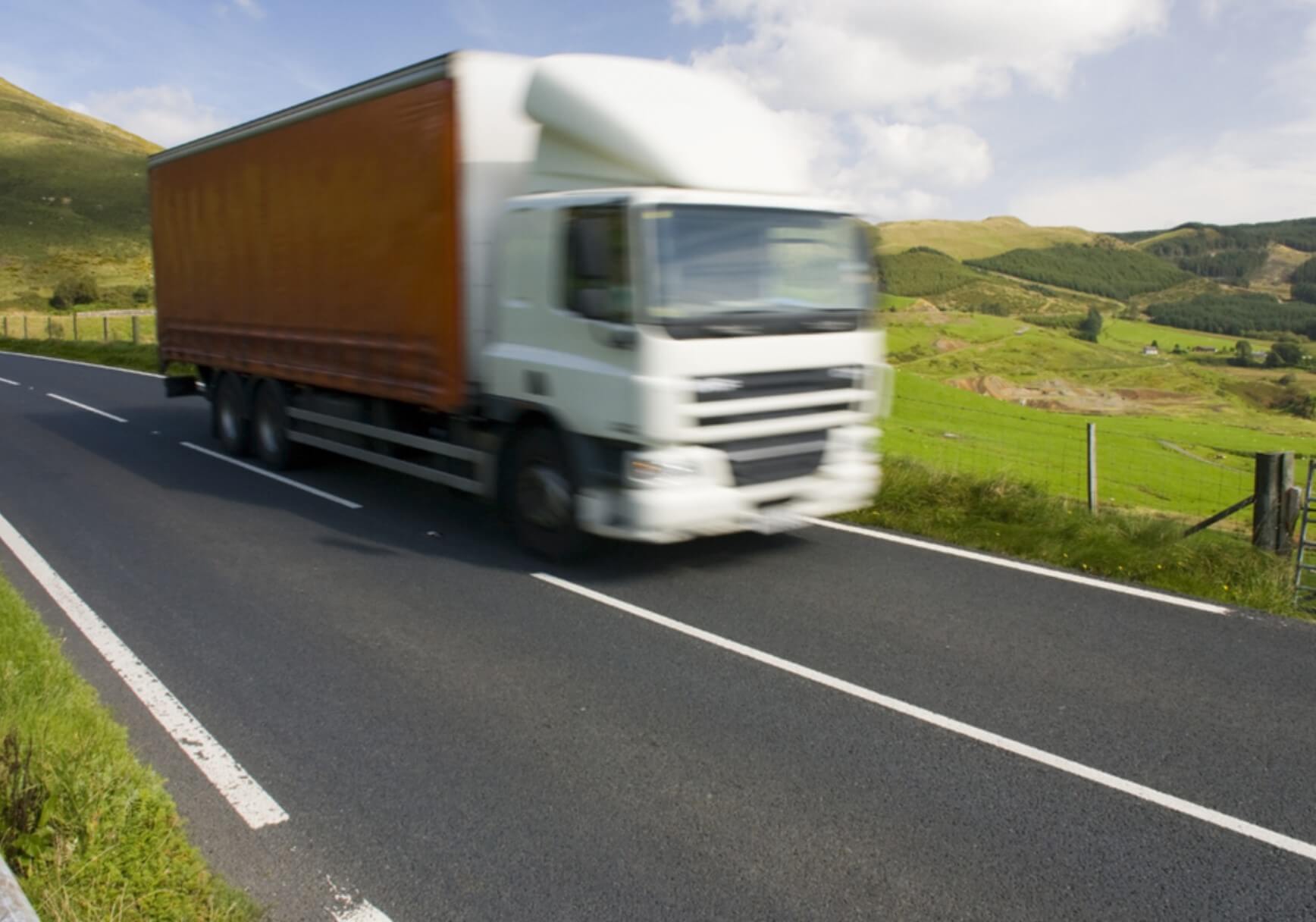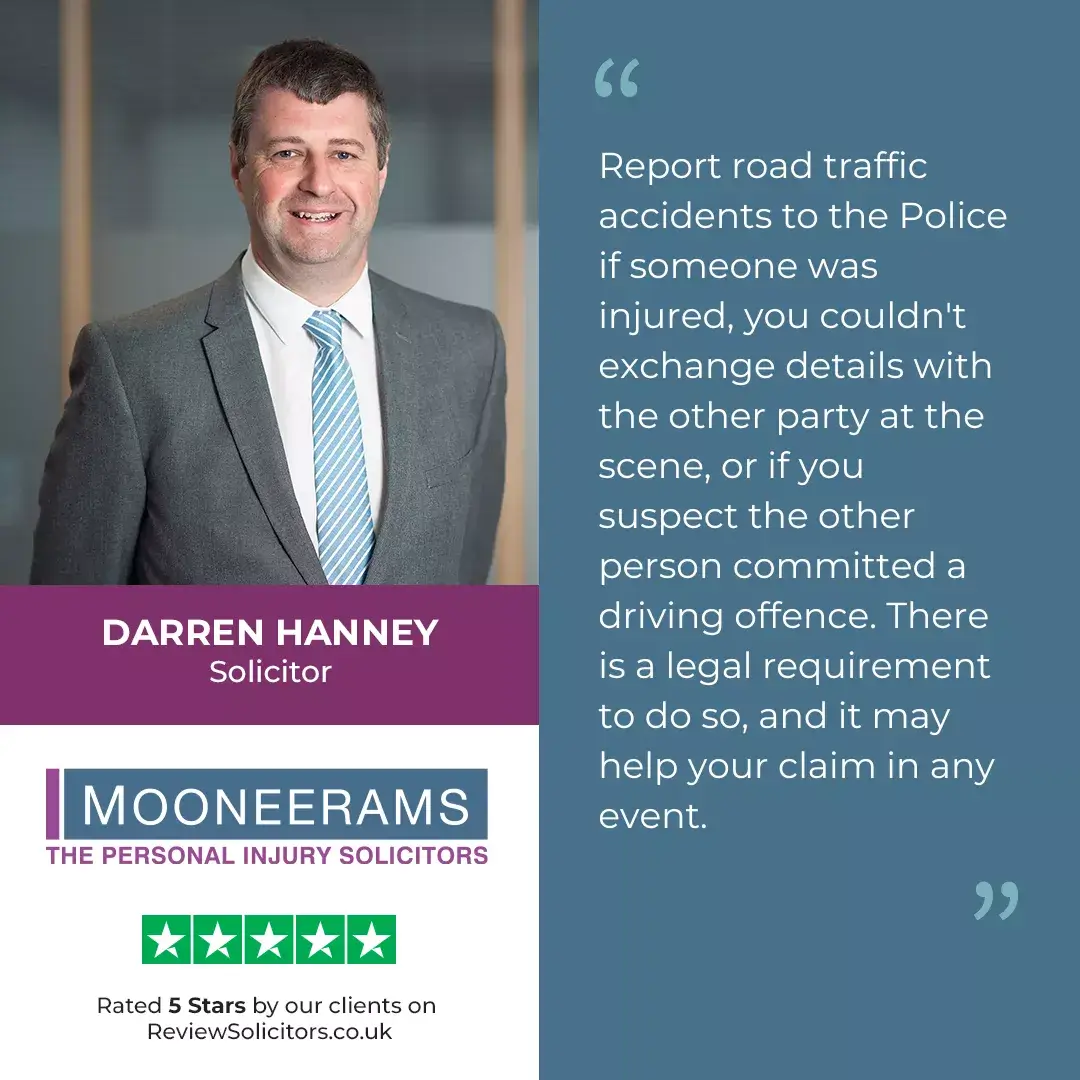Lorry Accident Claims & HGV Accident Claims
To enquire about making a lorry accident compensation claim, call Mooneerams personal injury solicitors on 029 2048 3615 or complete one of our online contact forms.
Lorries are large vehicles and heavy ones too with weights ranging from 3.5 tonnes to 44 tonnes. Driving vehicles over 7.5 tonnes requires an HGV driver’s licence.
Lorry drivers are acutely aware of the extra danger they pose to motorists, motorcyclists, cyclists, and pedestrians.
They are expert drivers and, in most cases, fully mindful of the dangers they pose to their fellow road users because of the size and weight of their vehicles.
Drivers of 3.5-tonne vehicles or over are required to obtain one of the different HGV licence categories, graded according to the maximum weight of lorry/HGV that they drive.
When road traffic accidents happen and an HGV is involved, there is a higher-than-normal expectation the other road user will be seriously injured.
However, lorry drivers are not immune from being seriously injured or killed in lorry accidents either. In 2018, Unite the Union called for urgent enquiries into the sharp rise in deaths amongst lorry drivers and for lorry accidents to be classed as accidents at work.
This call for action was prompted by fears some employers were forcing their employees to work excessive hours, leading to extreme tiredness amongst drivers.
Lorry accidents can be caused by drivers falling asleep at the wheel. If accidents of this nature get recorded as workplace deaths, then the Health and Safety Executive (HSE) would be required to investigate the accident’s cause.
The families of drivers who suffer fatal accidents because they fall asleep at the wheel may also then be able to successfully pursue accident at work claims against those employers who fail to provide their drivers with proper welfare facilities and who put undue pressure on them to work longer hours.
Who is usually to blame for a lorry accident?
Due to the imbalance in size and power of a lorry/HGV as opposed to all other road users, It is easy to assume the lorry driver must automatically be at fault whenever a road accident takes place.
It is not just lorry drivers who commit driver errors.
When a lorry/HGV driver is negligent, and an accident involving the lorry and another vehicle occurs, the innocent injured party may decide to make an HGV accident compensation claim.
What are the most common causes of lorry accidents?
- Failure by the lorry driver to keep a proper lookout when: emerging from a junction, joining a roundabout, changing lanes, or turning (in particular, turning left).
- Driver distraction due to the use of handheld mobile phone whilst driving.
- Lorry defect, such as worn tyres or brakes.
- Driver tiredness – numerous driver hours regulations may apply to any single journey undertaken by a lorry driver.The Driver and Vehicle Standards Agency (DVSA) has the power to hand out penalties for breach of the regulations.These range from verbal warnings to the driver to fines and driving licence points. Even so many lorry drivers are driving long hours over consecutive days.Driver tiredness is still a big problem amongst lorry drivers. It is a big problem too for other road users because RoSPA estimates 20% of all road accidents each year are caused by driver tiredness. In the case of accidents involving commercial drivers, this figure could be as high as 40%.
- Drink or drug use by the driver
- Accidents caused by high winds. High sided vehicles are at risk of being blown onto their side in high winds, particularly on bridges and motorways surrounded by open countryside. Lorry drivers and operators are advised to check the weather forecast for extreme weather conditions and either try and find alternative, less risky routes in high winds or postpone the journey.
- Tailgating– leading to a rear-end collision. According to a survey carried out by Highways England a few years ago, tailgating is a contributory cause of one in eight of all road accident casualties.It is a hugely dangerous practice and has been the cause of many rear-end collisions. If it is a lorry doing the tailgating, there is a real threat of serious injury being caused to another road user. Recognising this, Highways England has been trialling the use of cameras targeting vehicles tailgating others.
The trial system caught 26,000 vehicles in the act of tailgating in the first two months of the trial.
- Foreign lorry and driver – for left-hand drive lorries being driven in this country, there is a particularly bad blind spot on their vehicles’ offside. This presents problems when they try to overtake or move into one of the outside lanes on a motorway or dual carriageway. As if to confirm this latter point, according to RoSPA, most accidents involving left-hand drive lorries take place on motorways or trunk roads.
- Colliding with low bridges – According to Network Rail, an average of five or more heavy goods vehicles per day collide with railway bridges. This happens when lorry drivers fail to properly assess whether their truck is of a sufficiently low height to pass under the bridge without striking it. Lorry strikes on bridges put the lives of lorry drivers, rail passengers and the public at risk of injury.
- Unsafe load – shedding cargo onto the highway. There are around 4000 successful prosecutions brought every year by the Department of Transport, against lorry drivers and haulage operators, for having unsafe loads.
Lorry drivers and the duty of care to other road users
All road users owe the same duty of care to each other. Each owes the other a duty to take reasonable care not to cause injury or damage to them. The standard of care and skill expected is that of an ordinary driver. Accordingly, no allowance will be made for a learner or inexperienced driver, should their negligence cause a road traffic accident.
There is no higher duty of care expected of HGV drivers than there is of any other road user. This standard of care may be about to change.
Review of the Highway Code
A review of the Highway Code was announced in 2018. New proposals to revise some of the rules were published in July 2020. A period of consultation on the proposals has recently closed.
A raft of new measures has been suggested but the most notable one would see the introduction of a New Hierarchy of Road Users.
This concept aims to place those road users who are at the most risk of getting seriously injured or killed in the event of a collision at the top of the hierarchy.
Since pedestrians are the most at risk, they come top of the hierarchical table, followed by cyclists, motorcyclists, domestic cars, and van drivers.
At the bottom of the list come lorry drivers.
If the proposals are adopted, lorry drivers would owe the highest degree of duty of care to all other road users.
At the time of writing, the proposals are not yet in force.
Can I make a No Win No Fee lorry accident claim?
You are likely to fund the legal advice and assistance you need to make a lorry accident compensation claim by entering into a No Win No Fee agreement. This method of funding is popular because:
- you have no upfront fees to pay for the legal services,
- if you lose your claim, you have nothing to pay,
- you will only pay a fee to your solicitor if you win your case and recover compensation.
Please find out more about No Win No Fee claims from our No Win No Fee Advice Guide.
How long do I have to make a lorry accident claim?
You have three years from the date of the lorry accident in which you suffered a personal injury to make a claim.
Call Mooneerams now on 029 2048 3615 if you have been injured in a lorry accident which was not your fault within the last here years. We are experts in personal injury claims and will ensure we recover the maximum amount of compensation for you. If you would prefer us to call you, fill in the form on this page or in the contact box below, leaving your details, and we will get straight back to you.






















